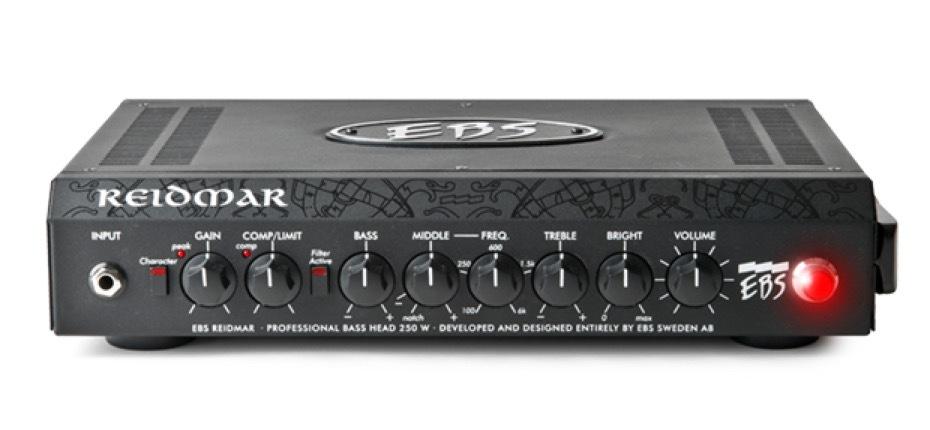When it comes to selecting a bass amplifier, price and brand reputation are two factors that immediately come to mind.
However, there are several other essential elements that should be considered as well, all of which will directly impact the overall sound quality, connectivity, portability, and performance of your chosen instrument. Here’s an in-depth guide on how to make the best choice for your specific needs.
1. Sound Quality:
The most crucial factor when choosing a bass amplifier is undoubtedly its sound quality. The first thing you should do is consider the type of music you play and the style of bass you prefer. For example, if you’re into funk or R&B, you might want a warm, rounded sound that complements the genre’s signature rhythmic patterns. In contrast, if you’re a rock or metal player, you may require a more aggressive, punchy sound with plenty of bottom end and clarity.
Another aspect to consider is your preferred playing venue. If you play in large concert halls or outdoor events, you might need an amplifier with a higher wattage output to ensure your bass can be heard above the other instruments. On the other hand, if you primarily perform in smaller clubs or studios, a lower wattage unit may suffice.
2. Connectivity:
The connectivity options of an amp are equally important, especially as modern music production techniques involve a variety of gadgets and devices. You should consider whether the amplifier has inputs for auxiliary devices such as mp3 players or laptops. Additionally, you might require an amplifier with MIDI inputs to control other studio equipment, such as synthesizers and drum machines.
Another essential aspect is connectivity options for other bass players. Many modern amps feature XLR DI outputs which enable the bassist to connect directly to PA systems or recording interfaces without requiring an additional DI box. This ensures that your tone remains consistent with any added effects, such as compression or EQ.
3. Portability:
If you’re a gigging musician who frequently travels between different venues or rehearsal spaces, portability is essential. A lightweight and compact amplifier will make transporting it much easier, especially when combined with a sturdy carrying case or strap. Some modern amps also feature battery-powered options, making them perfect for outdoor gigs or impromptu performances where power sources aren’t readily available.
Another element to consider is the size and weight of the amplifier head unit versus the speaker cabinets. A head unit can be lighter and more compact than a full stack, enabling you to mix and match different speakers and heads depending on your specific needs.
4. Additional Factors:
There are several other essential factors that should be considered when choosing an amp, such as brand reliability, warranty policies, customer service support, and available accessories like pedals or footswitches. These aspects can greatly enhance your overall playing experience and enable you to fine-tune your sound for different situations.

EBS Reidmar 750
The EBS Reidmar 750 bass amp delivers powerful and clear sound, making it the perfect choice for any bassist looking to take their performances to the next level.
5. In Conclusion:
Choosing the right bass amplifier requires careful consideration of several critical factors beyond price and brand reputation. By focusing on elements such as sound quality, connectivity, portability, and additional features, musicians can select an amp that perfectly suits their specific playing needs while also providing optimal performance and reliability. Ultimately, the most important thing is to find a bass amplifier that brings out the true power and potential of your instrument while enabling you to deliver unforgettable performances to audiences everywhere.
